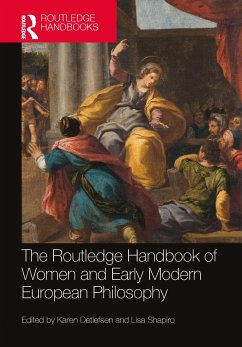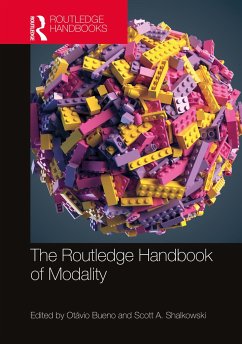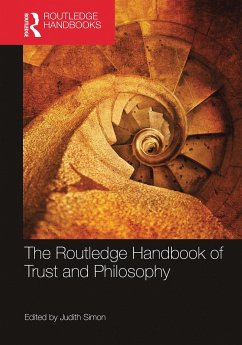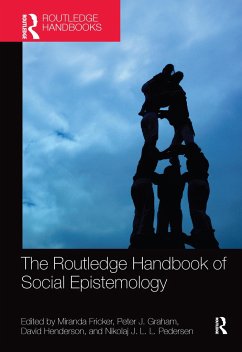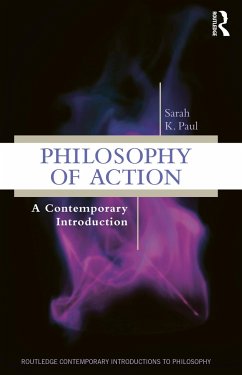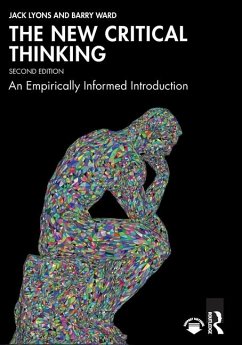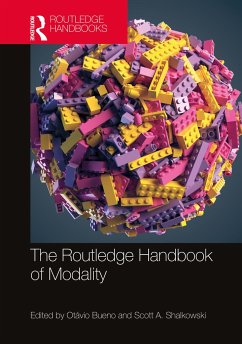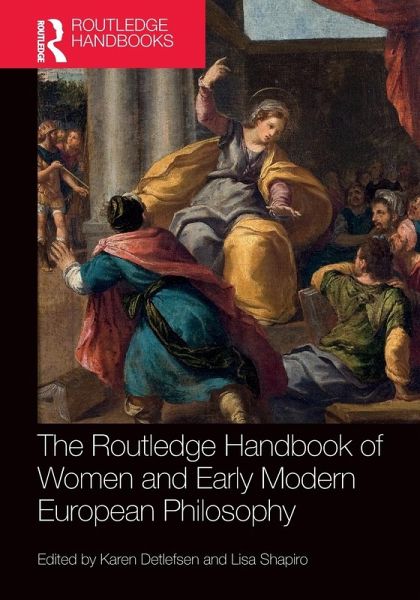
The Routledge Handbook of Women and Early Modern European Philosophy

PAYBACK Punkte
29 °P sammeln!
An outstanding reference source for the wide range of philosophical contributions made by women writing in Europe from about 1560 to 1780. It shows the range of genres and methods used by women writing in these centuries in Europe, thus encouraging an expanded understanding of our historical canon.





